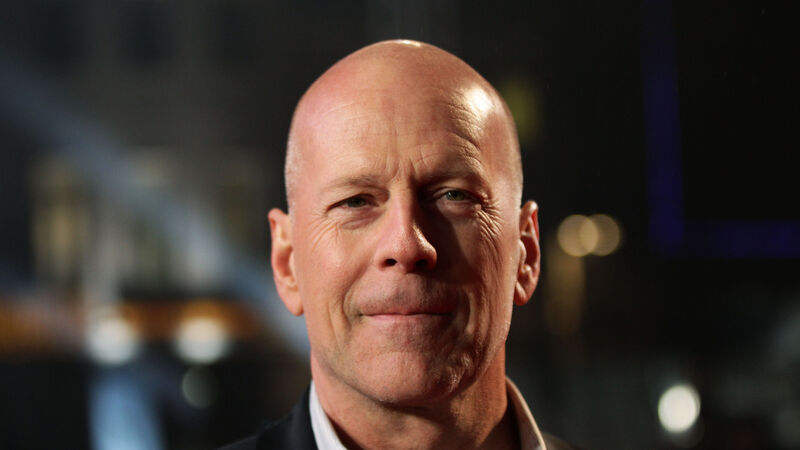Letters to the Editor: Aphasia is a form of hidden disability

Bruce Willis announced that he will step back from his acting career after recently been diagnosed with aphasia, a condition that has affected his cognitive abilities.
Try from €1.50 / week
SUBSCRIBEAs someone that has battled with aphasia following a stroke, I was saddened to read and hear that Bruce Willis has been diagnosed with the condition. I wish him well in his retirement and hope that he gets all the support that he needs.
Following reports in the media about the condition, it is clear that there needs to be a conversation about aphasia. There needs to be accurate reporting and a clear explanation of the two distinct types of aphasia.
Already a subscriber? Sign in
You have reached your article limit.
Annual €130 €80
Best value
Monthly €12€6 / month
Introductory offers for new customers. Annual billed once for first year. Renews at €130. Monthly initial discount (first 3 months) billed monthly, then €12 a month. Ts&Cs apply.
Newsletter
Sign up to the best reads of the week from irishexaminer.com selected just for you.

Select your favourite newsletters and get the best of Irish Examiner delivered to your inbox
Tuesday, February 10, 2026 - 7:00 AM
Monday, February 9, 2026 - 5:00 PM
Monday, February 9, 2026 - 9:00 PM
© Examiner Echo Group Limited